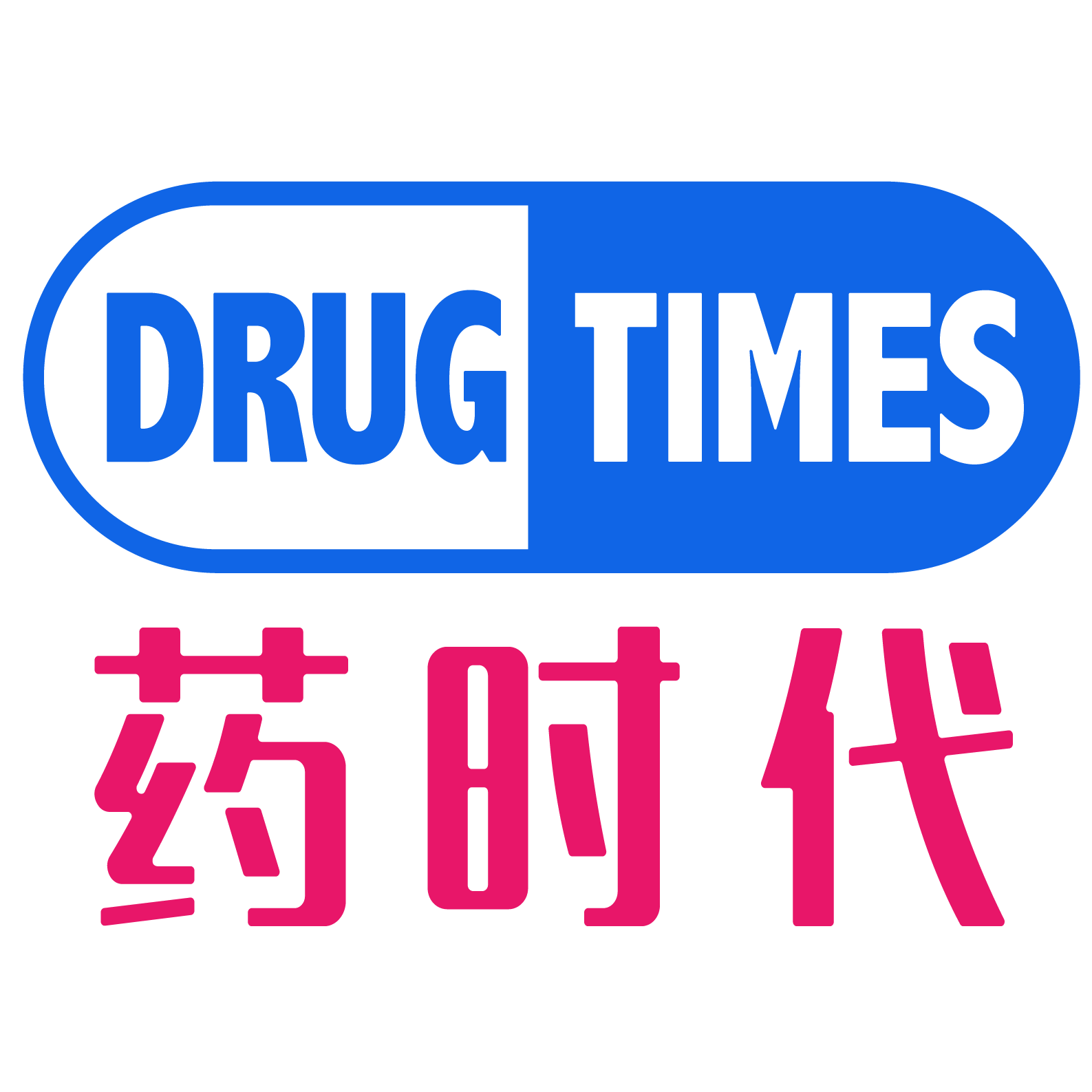
On January 22, 2024, Gilead announced that its Trop2 ADC drug, Trodelvy, did not meet the primary endpoint in the Phase III EVOKE-01 study for the treatment of metastatic non-small cell lung cancer (mNSCLC). Following the news, Gilead’s stock price plummeted by 10%.
Four months later, on May 30, 2024, Gilead disclosed the top-line results of the Phase III confirmatory TROPiCS-04 study for Trodelvy in the treatment of metastatic urothelial carcinoma (mUC). Preliminary results indicated that the study did not meet the primary endpoint (OS). Moreover, compared to monotherapy chemotherapy, more patient deaths were attributed to Trodelvy treatment.
Based on this announcement, the majority of industry opinions suggest that Trodelvy may not receive full approval and will miss the opportunity to be indicated for urothelial carcinoma.
The clinical trial failures of the flagship ADC product cast a shadow over Gilead, and its secondary market performance has also significantly deteriorated.
However, in recent interviews, a number of Wall Street analysts have expressed optimism when mentioning Trodelvy, believing that this drug remains a promising asset in Gilead’s oncology portfolio…
01
Competition in Trop2 ADC
On September 13, 2020, Gilead acquired Immunomedics for $88.00 per share in cash (approximately $21 billion), obtaining Immunomedics’ first-in-class Trop-2 ADC, which is today’s main character, Trodelvy. At that time, Trodelvy had just been accelerated approved by the FDA for the treatment of adult patients with metastatic triple-negative breast cancer (mTNBC) who had received at least two prior treatments.
After joining Gilead’s pipeline, the mTNBC indication for Trodelvy was fully approved by the FDA in April 2021, and in the same month, it was accelerated approved for the treatment of mUC. Later, in February 2023, it was approved by the FDA for pretreated HR+/HER2- metastatic breast cancer.
As the first Trop2 ADC to be marketed globally, Trodelvy successively obtained three indications and was once unparalleled.
In February 2024, Gilead published its financial report, with Trodelvy’s total revenue reaching $1.063 billion, marking the product’s revenue crossing the $1 billion mark for the first time. Compared with the same period in 2022, Trodelvy’s sales in the fourth quarter of 2023 increased by 53%, mainly due to increased demand in the United States and Europe.
From the above information alone, Trodelvy’s performance, while not astonishing, is highly potential. However, as mentioned at the beginning of the article, the drug has encountered setbacks in the exploration of the two major indications of NSCLC and mUC since entering 2024. At the same time, the crisis faced by this drug, in addition to its own clinical research failures, also includes the covetous eyes of external competitors.
Not long ago, AstraZeneca announced the survival results of its Trop2 ADC drug, Dato-DXd, for the treatment of NSCLC in the TROPION-Lung01 study. The results showed that compared to docetaxel, although Dato-DXd did not reach the overall survival (OS), there was a favorable improvement, coupled with the previously announced clinically significant PFS (progression-free survival) data, this drug is highly likely to be approved for marketing. It is worth noting that this is currently the first and only ADC drug in the field of lung cancer that has achieved a positive result in the primary endpoint of a global Phase III clinical trial.
In addition, the results of Dato-DXd’s Ib phase TROPION-Lung02 study showed that Dato-DXd, in combination with or without Keytruda (and chemotherapy), as a first-line treatment for advanced NSCLC, showed sustained anti-tumor activity, and the therapeutic benefit was observed regardless of PD-L1 expression.
Dato-DXd is currently the strongest contender among the successors of Trodelvy. In July 2020, AstraZeneca and Daiichi Sankyo reached a collaboration to jointly develop Dato-DXd (also known as DS-1602). Currently, the drug’s research for first-line treatment of NSCLC, first-line treatment of triple-negative breast cancer, and second/third-line treatment of HR+/HER2- breast cancer has all entered the Phase III clinical stage. However, looking at AstraZeneca’s current pipeline, the development of indications for Dato-DXd is mainly focused on the fields of lung and breast cancer, and the exploration of urothelial carcinoma is still in the early stages.
02
Existing Opportunities
In response to the TROPiCS-04 study for urothelial carcinoma not meeting expectations, will Trodelvy face the risk of withdrawal from the market?
In this regard, Hartaj Singh, a senior analyst at Oppenheimer, told BioSpace that although the results of TROPiCS-04 are a “disappointing” blow to Gilead, there is still room for a turnaround.
It is reported that TROPiCS-04 is an open-label, global, multicenter, randomized study that recruited 711 patients with locally advanced mUC who had previously received platinum-based chemotherapy and checkpoint inhibitor treatment. In the study, patients were randomly assigned 1:1 to receive Trodelvy or standard chemotherapy (paclitaxel/docetaxel/vinflunine). The primary endpoint of the trial was OS, and the secondary endpoints were PFS, ORR, CBR, and DoR.
In the early official announcement of this failed confirmatory trial, Gilead pointed out some key information:
- Although it did not reach the primary endpoint, the OS showed a significant improvement in numerical values.
- There were also significant improvements in the selected pre-specified subgroups and secondary endpoints such as PFS and ORR.
- The higher number of patient deaths mainly occurred in the early stage of the treatment study and was related to neutrophil reduction.
“I think the fundamentals of Trodelvy have not actually changed, and they will communicate with regulatory agencies… I speculate that the success rate of the drug in this indication (mUC) is more than 50%,” Singh said.
Currently, the detailed data of TROPiCS-04 is still being analyzed, and the results are pending. Speaking of the early high mortality rate alone, Gilead believes that the mortality rate is related to neutrophil reduction. And neutrophil reduction and diarrhea are known risks of Trodelvy, and the black box warning is included in the label of Trodelvy.
The black box warning is somewhat related to the ADC itself. It is reported that the average drug-antibody ratio (DAR) of Trodelvy is 7.6, which is significantly higher than that of Dato-DXd (4.0). A higher DAR can increase the drug’s efficacy to some extent, but the potential off-target effects of the drug itself may also increase accordingly. Continuous and early use of growth factors may eliminate any early toxic death results, but the use of cytokines was not mandatory for patients in this trial.
Based on the higher incidence of adverse reactions, Gilead has included granulocyte colony-stimulating factor prevention in standard clinical practice and clinical trials.
Another favorable factor to consider is the demand from the patient side. Currently, for some patients with a high risk of recurrence or those with variant bladder cancer, there are not many treatment options, making the potential risk of toxicity more acceptable.
From another perspective, TROP2 is indeed a high-quality target in the field of bladder cancer. It is highly expressed in urothelial carcinoma (including bladder cancer), including variant histological subtypes.
Trodelvy is currently the only marketed TROP2 ADC product in the mUC field.
DrugTimes team will follow up on this hot field and report timely. Please stay tuned. Many thanks!~
Reference materials:
- https://www.biospace.com/article/gilead-s-trodelvy-adc-stumbles-in-late-stage-trial-but-remains-prized-cancer-asset-/?keywords=Gilead
- Official websites of various companies
-
Other public materials
发布者:DrugTimes001,转载请首先联系contact@drugtimes.cn获得授权

 为好文打赏 支持药时代 共创新未来!
为好文打赏 支持药时代 共创新未来! 